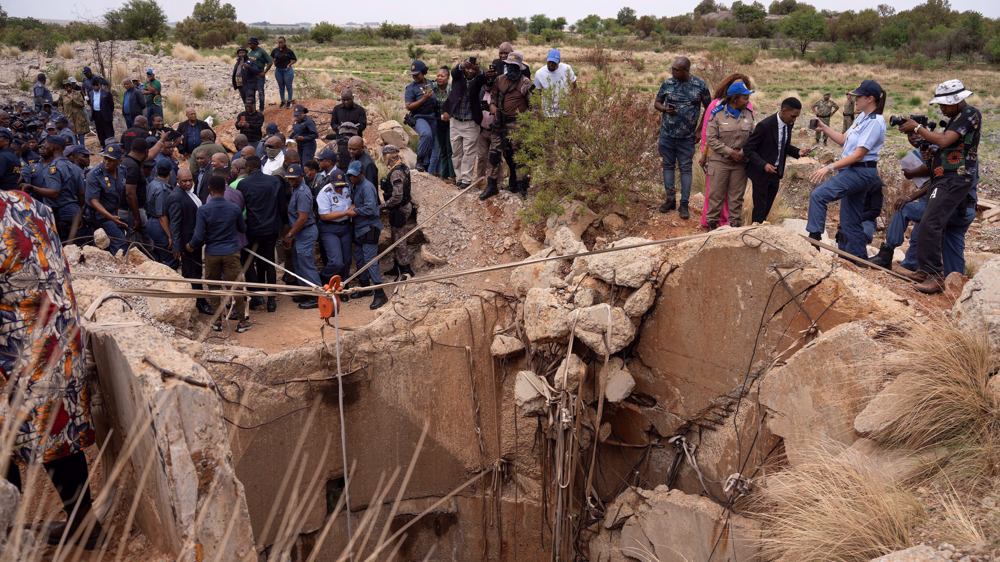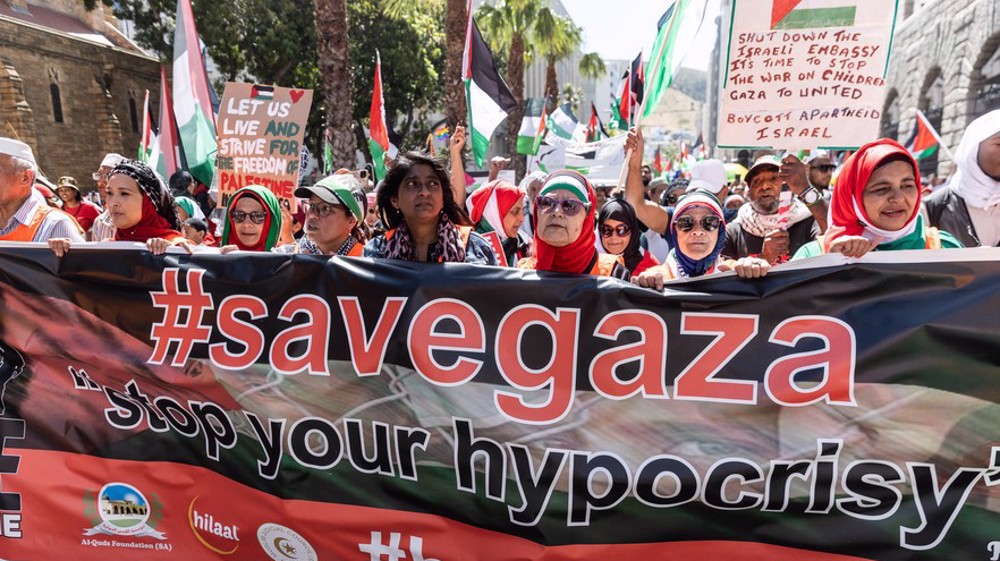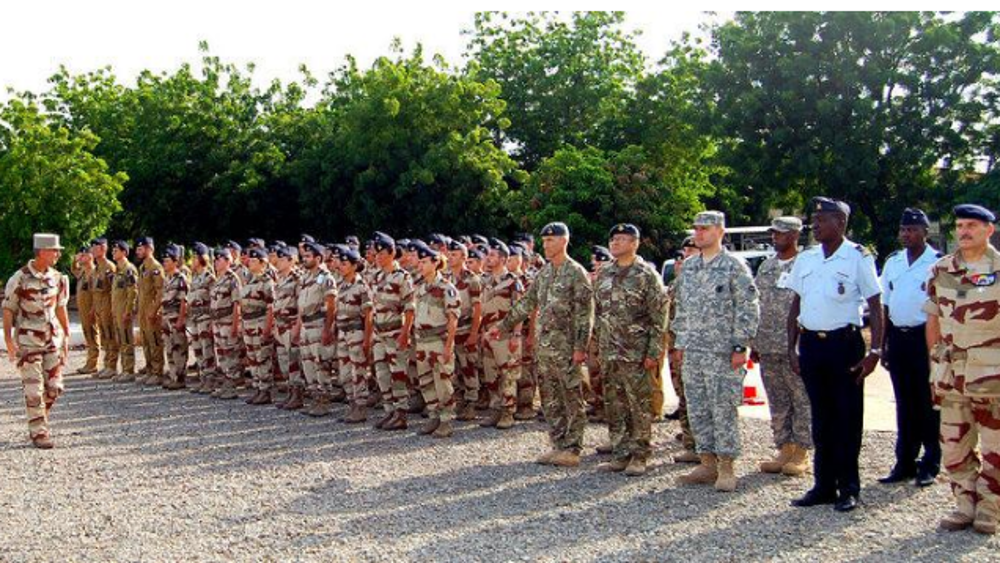Mozambique rebel leader extends ceasefire
Mozambique's Renamo opposition party has extended a ceasefire by two months to allow talks with President Filipe Nyusi's government, raising the prospects for future peace in the African country.
Mozambican rebel leader Afonso Dhlakama, who lives in hiding in the Gorongosa mountains in central Mozambique, announced in a telephone press conference on Tuesday that Renamo forces would not attack government troops or positions.
"There have been some minor incidents, but the seven-day truce went well, so I announce the extension of the truce for 60 days, until March 4," Dhlakama said, adding, "The truce is intended to build an atmosphere conducive to advancing talks in Maputo in peace and tranquility for both sides."
Dhlakama announced a week-long truce after a telephone conversation with President Nyusi.
The unexpected truce announcement came after tentative moves toward a peace process were suspended indefinitely last year.
Reacting to developments, President Nyusi said on Monday that the ceasefire was "productive."
Trust "is being created," the president said, adding that government forces did not launch attacks on Renamo, the armed insurgent group and also an elected opposition party.
The renewal of the truce raised hopes for a nascent peace process.
Dhlakama and Nyusi have not met face-to-face since February 2015. Distrust between the two has led to several ceasefires collapsing since Nyusi won the disputed 2014 election.
Both sides have clashed sporadically since Renamo challenged the results of the 2014 election.
The political situation in Mozambique has been tense for months with Dhlakama refusing to recognize the results of the vote, where the Frelimo party was declared the winner. The party has been in power since the country’s independence from Portugal in 1975.
Renamo and the Frelimo-led government had been engaged in a civil war for 16 years that was brought to an end in 1992. Almost one million people are estimated to have been killed in the confrontation.
Renamo's armed wing has conducted a string of fatal assaults in central Mozambique in recent years as it seeks to increase its share of power.

On October 19, 2016, the warring sides resumed a new round of peace talks despite the killing of an opposition negotiator on October 9.
Future peace talks could be held between rivals under international mediation coordinated by the European Union.
Hamas confirms handing approval of Gaza ceasefire deal to mediators
VIDEO | Iran: Show of strength
UNRWA will ‘stay, deliver’ aid to Palestinians despite Israel’s ban: Lazzarini
Explainer: What makes Iran's Rezvan and Raad loitering munitions prized assets?
VIDEO | Unseen agony: Missing loved ones of genocide in Gaza
Iran cuts gold import tariff to zero
Pezeshkian: Iran determined to develop, boost ties with neighbors
VIDEO | Israel, Hamas ceasefire agreement: Closer than ever













 This makes it easy to access the Press TV website
This makes it easy to access the Press TV website